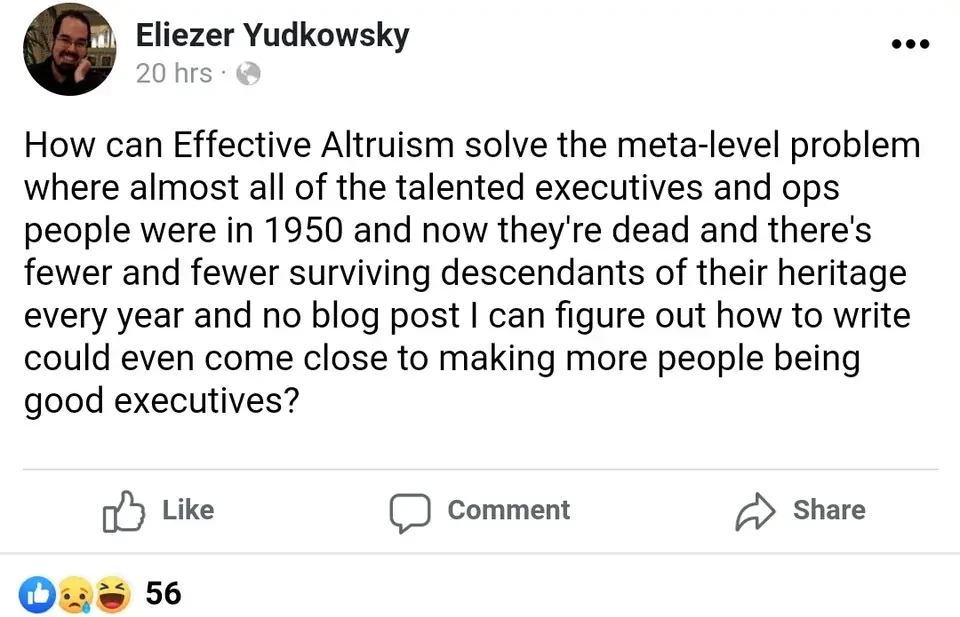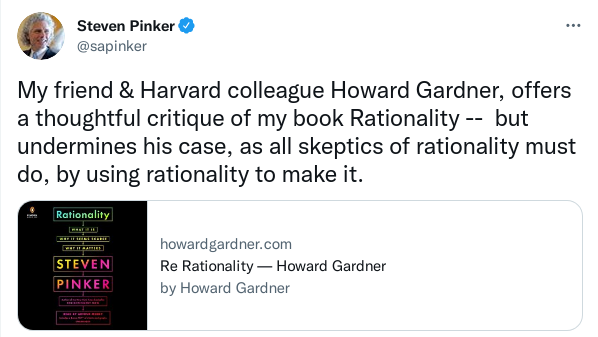If you've been around, you may know Elsevier for surveillance publishing. Old hands will recall their running arms fairs. To this storied history we can add "automated bullshit pipeline".
In Surfaces and Interfaces, online 17 February 2024:
Certainly, here is a possible introduction for your topic:Lithium-metal batteries are promising candidates for high-energy-density rechargeable batteries due to their low electrode potentials and high theoretical capacities [1], [2].
In Radiology Case Reports, online 8 March 2024:
In summary, the management of bilateral iatrogenic I'm very sorry, but I don't have access to real-time information or patient-specific data, as I am an AI language model. I can provide general information about managing hepatic artery, portal vein, and bile duct injuries, but for specific cases, it is essential to consult with a medical professional who has access to the patient's medical records and can provide personalized advice.
Edit to add this erratum:
The authors apologize for including the AI language model statement on page 4 of the above-named article, below Table 3, and for failing to include the Declaration of Generative AI and AI-assisted Technologies in Scientific Writing, as required by the journal’s policies and recommended by reviewers during revision.
Edit again to add this article in Urban Climate:
The World Health Organization (WHO) defines HW as “Sustained periods of uncharacteristically high temperatures that increase morbidity and mortality”. Certainly, here are a few examples of evidence supporting the WHO definition of heatwaves as periods of uncharacteristically high temperatures that increase morbidity and mortality
And this one in Energy:
Certainly, here are some potential areas for future research that could be explored.
Can't forget this one in TrAC Trends in Analytical Chemistry:
Certainly, here are some key research gaps in the current field of MNPs research
Or this one in Trends in Food Science & Technology:
Certainly, here are some areas for future research regarding eggplant peel anthocyanins,
And we mustn't ignore this item in Waste Management Bulletin:
When all the information is combined, this report will assist us in making more informed decisions for a more sustainable and brighter future. Certainly, here are some matters of potential concern to consider.
The authors of this article in Journal of Energy Storage seems to have used GlurgeBot as a replacement for basic formatting:
Certainly, here's the text without bullet points:




What's the best way for Effective Altruists to allocate grant money? Purchasing malaria nets? Direct giving? No, of course not. It's buying $28k worth of copies of HPMOR (archive)